Vitamins are substances that are used in small quantities to control the metabolism and that are not produced in the human organism. They must therefore be taken in with the food.
Meaning of vitamins

Vitamins are particularly needed by adolescents and children in their development years, as they protect against growth residues and poor tooth formation. If there is a strong vitamin A deficiency, mucous membrane damage and eye damage, such as night blindness and, in severe cases, what is known as eye strain, also occur in all people.
Already from antiquity we know the rule to cure night blindness by giving liver - a sensible treatment method, since vitamin A is stored in the liver. We find it in high concentrations especially in cod liver oil. Just like in animal sources, vitamin A is also stored in the human liver and supplies the organism - provided that we consume sufficient vegetable food. Plants, especially carrots, contain the precursor of vitamin A, the so-called provitamins, the carotenes, from which the organism itself builds the necessary vitamin A.
It is important to know that the provitamins, the carotenes, are heat-resistant, but that the vitamin A when heated in the air, e.g. when frying, is slowly destroyed.
Which vitamins are found where?
Vitamins can be found in the peel of grain fruits, particularly rich in yeast and in small amounts in all vegetables, but to a considerable extent in kale. With the mechanical refinement of food production, Beri-Beri disease occurred particularly in those countries whose main diet is rice.
The disease manifests itself with heart damage and dropsy, but also with nerve disorders. The cause was a lack of vitamin B, which is also known as aneurine or thiamine.
Pellagra was described as early as the Middle Ages, a disease that manifests itself in skin and mucous membrane bleeding as well as nervous disorders and mainly occurred in areas where the inhabitants lived on maize on one side.
A deficiency in the other vitamins of the B complex does not always result in clearly pronounced clinical pictures. We see more disorders of a general nature, but the importance of these vitamins can be seen in their function in the body. It is precisely this that shows how important the B vitamins are for maintaining good health.
Lactoflavin or vitamin B2, also called riboflavin, intervenes in cell respiration, while adermin or vitamin B6 is involved in the build-up of enzymes that intervene in protein metabolism.
Pantothenic acid is of central importance for the metabolic processes and the elimination of toxins from the body. Biotin acts as part of the fermentation on the carbohydrate and fat metabolism and is necessary for the proper functioning of the skin.
Folic acid (Latin: folium = leaf) or vitamin Bc - it occurs in green leafy vegetables - and vitamin B12 are of decisive importance in particular forms of anemia. Only a few thousandths of a milligram of B12 are enough to treat what is known as pernicious anemia. No other biological substance shows such a clear effect in the smallest amount.
vitamin C

Vitamin was not found until 1912, although seafarers' scurvy had been known since the Middle Ages, which was caused by the lack of fruit and vegetables in the diet. Fortunately, we rarely see this serious clinical picture today, but occasional bleeding gums, increased susceptibility to infections of the upper airways (nose, throat, throat) and above all the well-known spring fatigue as a result of vitamin C deficiency are unfortunately well known to all of us.
Vitamin C is water-soluble and heat-sensitive, occurs in fresh vegetables, fruits, lettuce and in significant quantities in our unfortunately so often despised potato.
For the housewife, this results in the important rule of use when preparing meals - especially in spring - to always provide some raw vegetables and, above all, not to leach the vegetables through long washing or to use the vegetable and potato water for making soups and use sauces.
Vitamin deficiency leads to rickets or English disease, a disorder of the calcium and phosphoric acid metabolism, thus to deficient calcification of the bone tissue, whereby e.g. O- and knock-knees as well as deformations of the chest and pelvis can arise, as well as delayed and impaired tooth formation, finally to lagging behind in the entire physical development.
In the 18th century, the healing effect of liver oil in this disease was known, and at that time it was cured by using liver oil and exposure to the sun. But it was not until 1927 that ergosterol, a precursor of vitamin D, was identified, which can be converted into actual vitamin D by exposure to sunlight or sun radiation.
Vitamin D
While the D-provitamins - also e.g. The derivative of cholesterol found in the skin is one of them - in the animal and plant kingdoms are very common, the actual vitamin D is not found in the plant at all and in animal products except for cod liver oil only in traces, so that the best vitamin D sources the liver, various seafood and, by far, milk, butter and eggs. From what has been said, it follows that the best preventive and remedy for rickets is the sun. There is an increased need for vitamin D in growing age, in pregnant and lactating women.
Vitamin E.
Vitamin E is the last to be mentioned. Its absence does not cause a definite clinical picture. Vitamin E was found or discovered because animals whose diet consisted of cow's milk with yeast and added iron could not raise their young and if they were kept with the specified food, the males became infertile and the females miscarried.
It has been proven that vitamin E controls the build-up of connective tissue, and in particular the heart muscle, and thus influences blood circulation. Vitamin E is fat-soluble and can be found in vegetables, the seedlings of cereals, milk, eggs and meat.
In addition to the vitamins discussed here, we know of other substances that have the character of vitamins and are therefore necessary for maintaining life, and we can speak of about 18 vitamins or vitamin groups in total, but those discussed here are the most important.
If we maintain a mixed and balanced diet, we give especially enough vegetables and we avoid throwing away the cooking water - numerous vitamins are water-soluble - and we use enough fruit juices, which unfortunately have recently been mixed with artificial and not very valuable artificial vitamins, are added next Our menu of fish dishes - herring is an important source of vitamin D - and if we don't forget to eat whole-grain bread, we give and use cheese - even for children from one year old - to preserve the vitamins in the germ and shell of the grains we skim milk, then we will be sure to get the necessary amounts of vitamins.
A little thought when dividing the kitchen list is amply rewarded by increased zest for life and creativity in yourself and your relatives.

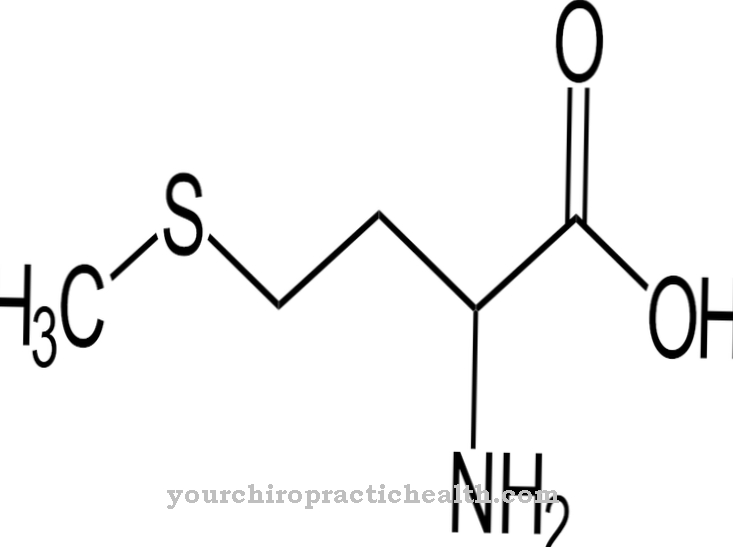
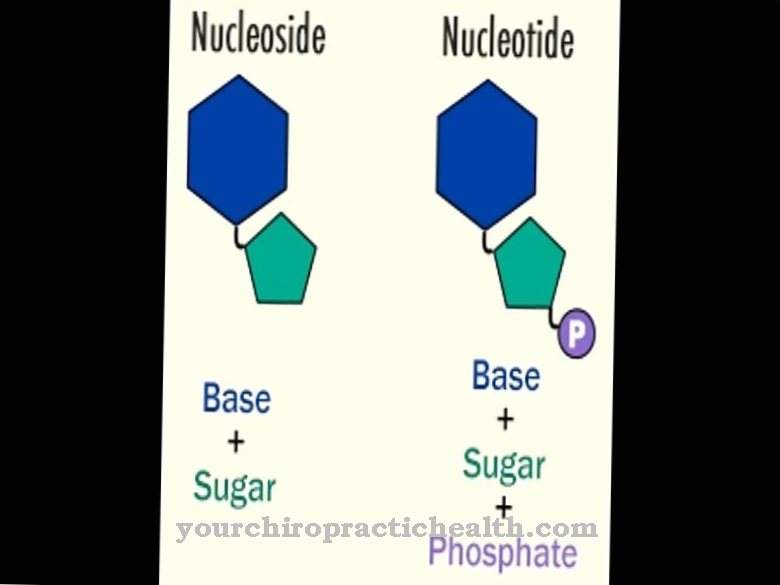
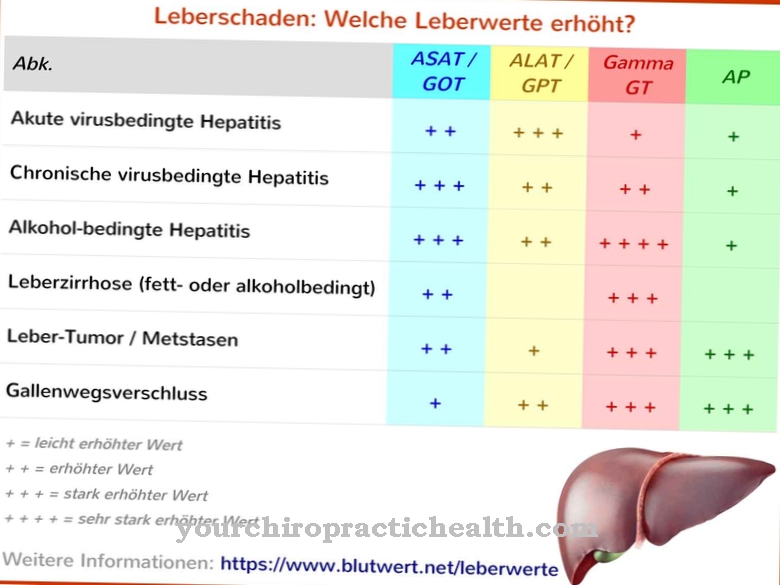
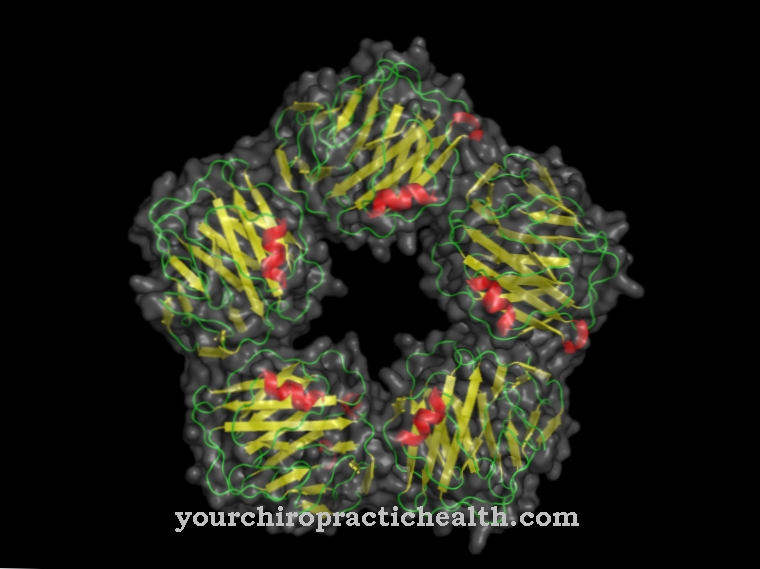
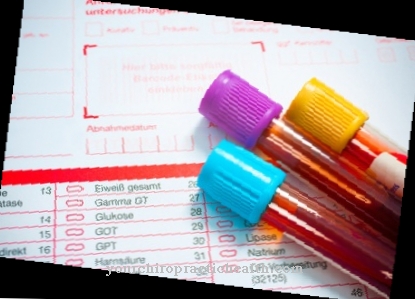
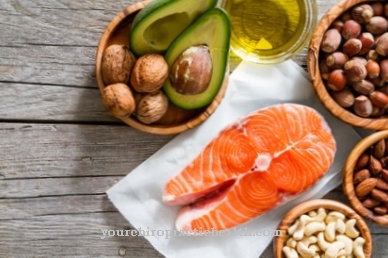

















.jpg)



